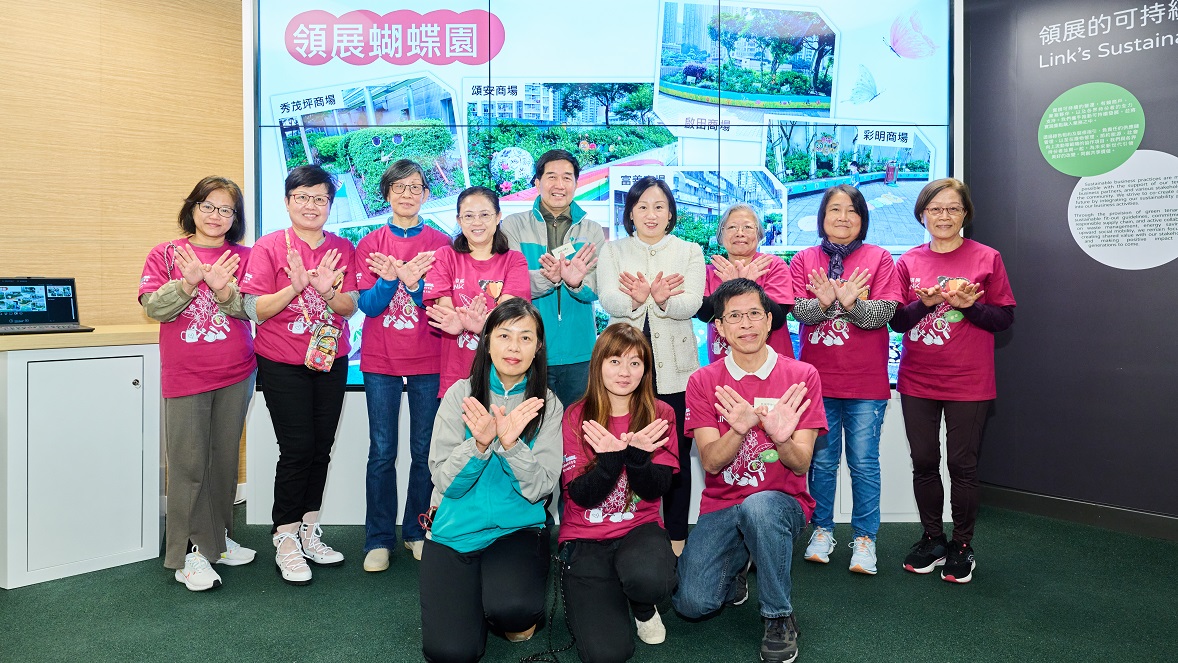
In the midst of Hong Kong’s towering skyscrapers and densely populated areas, both humanity and the natural world seek refuge and solace. For spotted butterflies undertaking their challenging journey to escape the winter chill, urban butterfly gardens offer essential waystations where they can pause, rejuvenate and gather strength.
However, it is not just spotted butterflies that stand to gain from these butterfly gardens. Have you ever pondered the idea that we, as humans, might benefit from them as well?
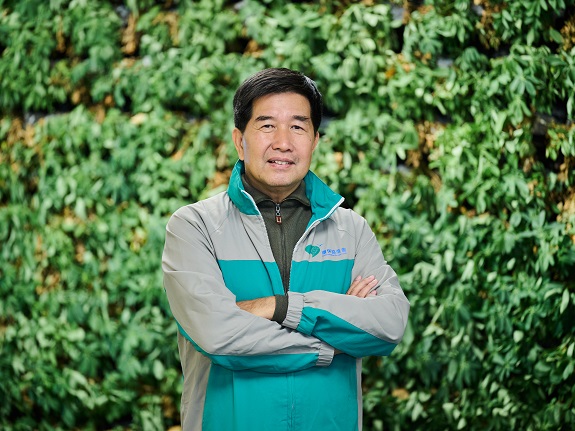
The term “butterfly garden” might evoke images of a haven crafted by humans for their winged companions. Yet Dr Yau Wing-kwong, the founder and Chief Executive Officer of the Environmental Association Limited, emphasises that butterfly gardens serve a broader purpose beyond fulfilling the ecological needs of butterflies: “Through the Butterfly Garden Certification Programme, our aspiration is to certify Link’s butterfly gardens first, followed by turning Hong Kong into a role model for midway habitats catering to migrating butterflies. We intend to share our successful experiences across the Greater Bay Area and even throughout Asia. Beyond that, we are committed to partnering with others to promote the harmonious coexistence of humans and butterflies.”
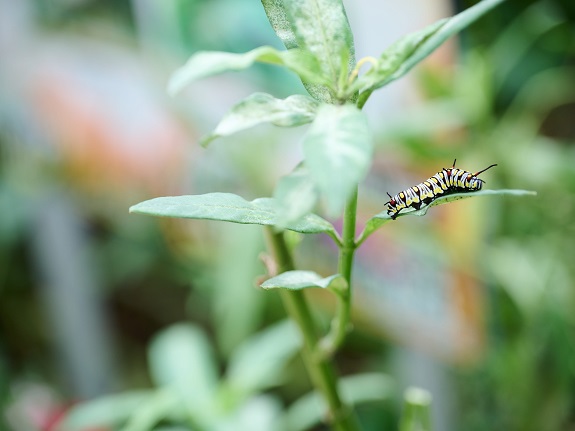
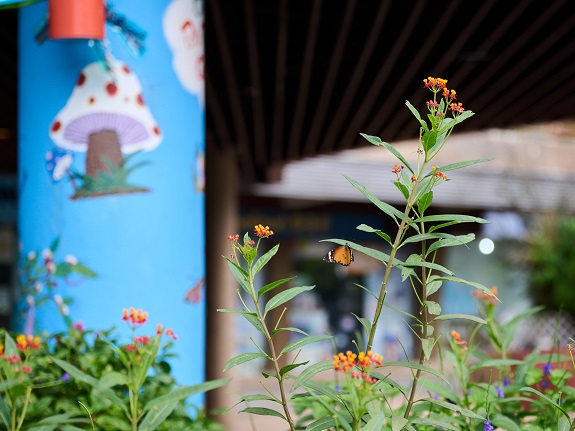
The diverse flora within these butterfly gardens not only provides tender young leaves for caterpillars and nectar for adults, but also creates varying seasonal landscapes that enthral visitors, inviting them to relish the pulsating vitality of nature. “Various butterfly species thrive here, and community members gather for relaxation and butterfly watching. It’s a space where people can nurture their spirits while gaining insights into nature, animals and plants. Even children playing in these butterfly gardens lose their fear of caterpillars!” Dr Yau expressed with enthusiasm.
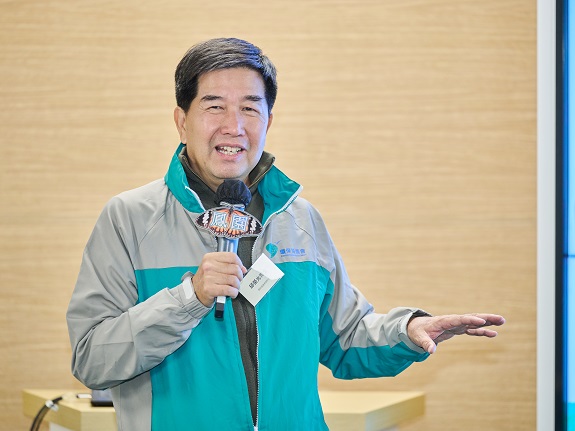
For the past three years, the Environmental Association has championed the Nature LINK programme, a project sponsored by Link Together Initiatives, establishing eight butterfly gardens in Link’s shopping centres. These butterfly gardens have achieved the distinction of being the inaugural recipients of the Butterfly Garden Certification. Reflecting on the initial motivation for partnering with Link, Dr Yau characterised the collaboration as a “significant breakthrough”. “Our Fung Yuen Butterfly Reserve used to engage primarily with educational institutions, such as schools, and had only limited interaction with the commercial sector. After all, some people are still afraid of butterflies, which can influence the decisions of property developers when considering the inclusion of butterfly gardens. Nonetheless, Link’s decision to collaborate with us not only set an example in the business community, but our successes over the past three years have also demonstrated how butterfly gardens can augment the value of shopping malls.”
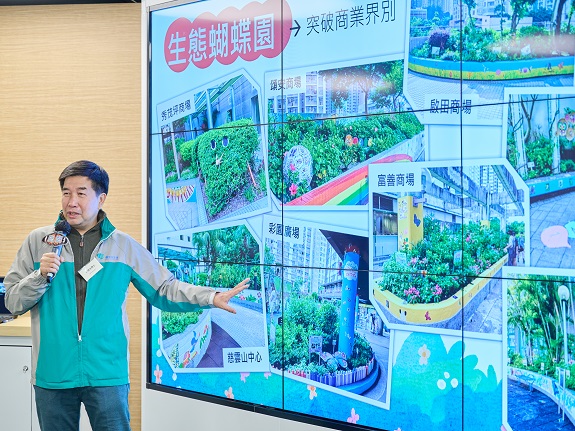
As the golden sunlight bathes the earth and the invigorating spring breeze stirs dormant caterpillars, they emerge from their chrysalises, transforming into butterflies that gracefully soar above towering skyscrapers, dancing through the sky. These urban butterfly gardens function as communal sanctuaries, fostering a harmonious coexistence between residents and butterflies.
According to Dr Yau, butterfly gardens within shopping centres create a win-win situation for both the environment and the community. “Hong Kong, a city brimming with shopping malls, sees butterfly gardens not only creating additional ecological hotspots for butterflies but also contributing to an extensive ecological network. This, in turn, supports a greater diversity of butterflies and other species, effectively enhancing urban biodiversity.”
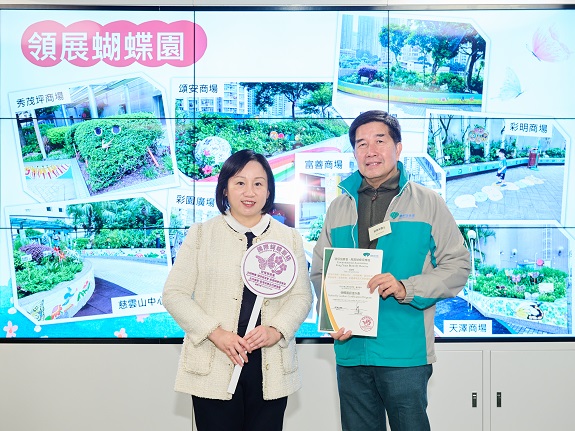
Dr Yau noted a shift in the role of neighbourhood malls beyond providing daily necessities to residents; they now offer recreational spaces. “Butterfly gardens act as oases amid the concrete jungle, providing residents with a chance to connect with nature without having to travel far. When residents visit, they can relax and observe butterflies. This underscores the idea that it’s not just butterflies that require butterfly gardens; communities do as well.” Link's Managing Director of Corporate Affairs, Lorraine Chan, echoed this sentiment, stating, “The butterfly gardens offer residents opportunities to interact with nature, increasing their engagement in – and satisfaction with – community life.”
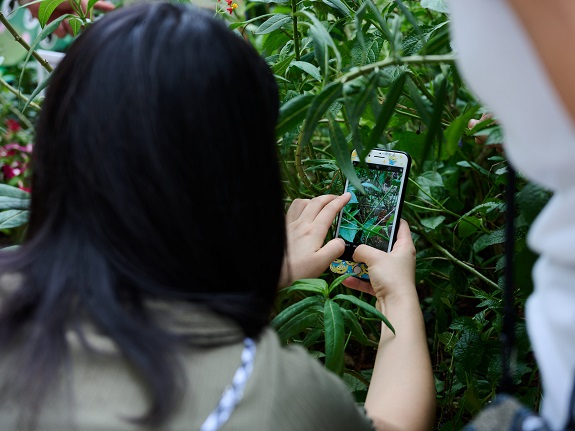
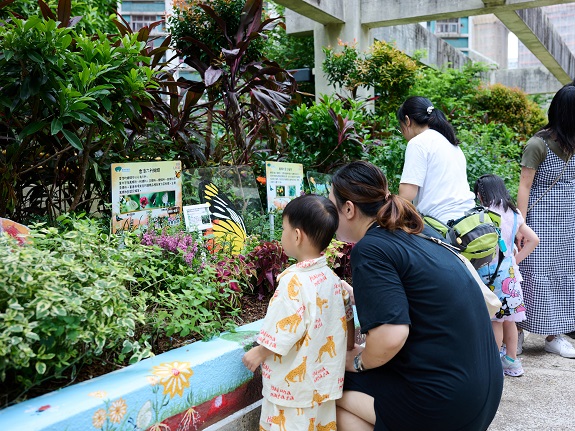
In the future, Dr Yau envisions leveraging artificial intelligence (AI) to enhance conservation initiatives. He intends to initiate a pilot app designed to empower residents in identifying, studying and actively participating in the conservation of butterflies. “Users simply need to take photos of butterflies and upload them to the app, and the system’s AI will analyse the images and identify the species. The metamorphosis of butterflies is nothing short of miraculous. Our goal is to use AI to lower the barrier to butterfly appreciation, allowing every resident to become a citizen scientist.”